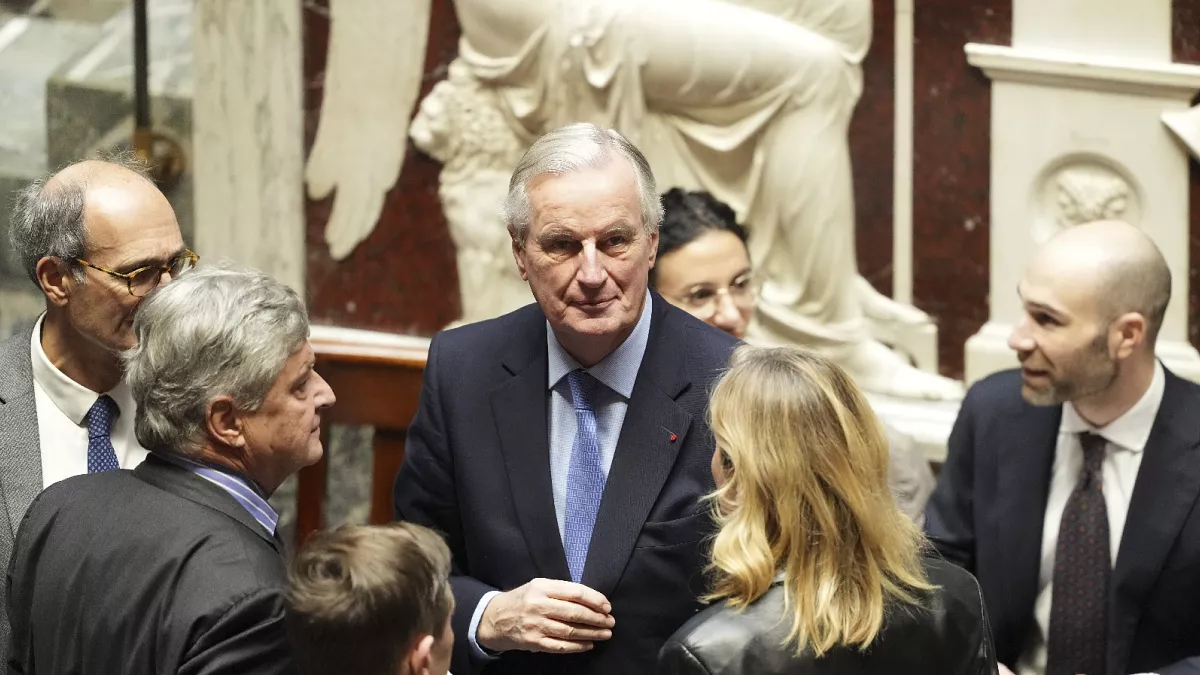Prime Minister Michel Barnier’s government in France collapsed after a no-confidence vote in the National Assembly. This marks the first time since 1962 that such a vote has succeeded in ousting a sitting government.
Barnier, who was appointed just three months ago by President Emmanuel Macron, faced opposition from several political groups, particularly the left-wing New Popular Front (NFP) and the far-right National Rally (RN). The opposition’s main grievance was Barnier’s use of special presidential powers to push through his controversial budget without a parliamentary vote, a move they saw as undemocratic.
The no-confidence vote passed with 331 MPs in favor, exceeding the 288 required for success. This outcome further exacerbates the political instability that has plagued France since the summer’s snap elections. In those elections, no political party emerged with a clear majority, resulting in a situation where no group held control over the National Assembly. This ongoing deadlock has made it difficult for the government to implement reforms and pass essential legislation.

Barnier’s Government Ousted in Historic No-Confidence Vote, Escalating France’s Political Instability
A central issue leading to the vote was Barnier’s budget, which included a €60 billion plan for deficit reduction. Both the NFP and the RN strongly opposed the budget, with Marine Le Pen of the RN calling it “toxic” for the French people.
Barnier, who had previously faced criticism for his appointment over Macron’s decision to bypass other political groups, defended the budget as a necessary step to address France’s growing debt. However, the opposition argued that his methods undermined democracy and harmed ordinary citizens.
Following the vote, Barnier must now present his resignation, though he will likely continue as a caretaker prime minister until Macron appoints a successor. While Macron’s position is not directly affected by the vote—since France elects its president separately from the government—the collapse of Barnier’s administration adds another layer of complexity to Macron’s presidency. Macron has stated that he will not resign, but the political turmoil places additional pressure on him to restore stability.
The political crisis comes at a challenging time for Macron, who faces both domestic unrest and international pressures. He is expected to quickly appoint a new prime minister to prevent further disruptions, especially with high-profile events on the horizon, such as the upcoming visit of U.S. President-elect Donald Trump. While parliamentary elections cannot take place until July, the ongoing gridlock in the National Assembly is likely to continue, leaving France’s political future uncertain.
